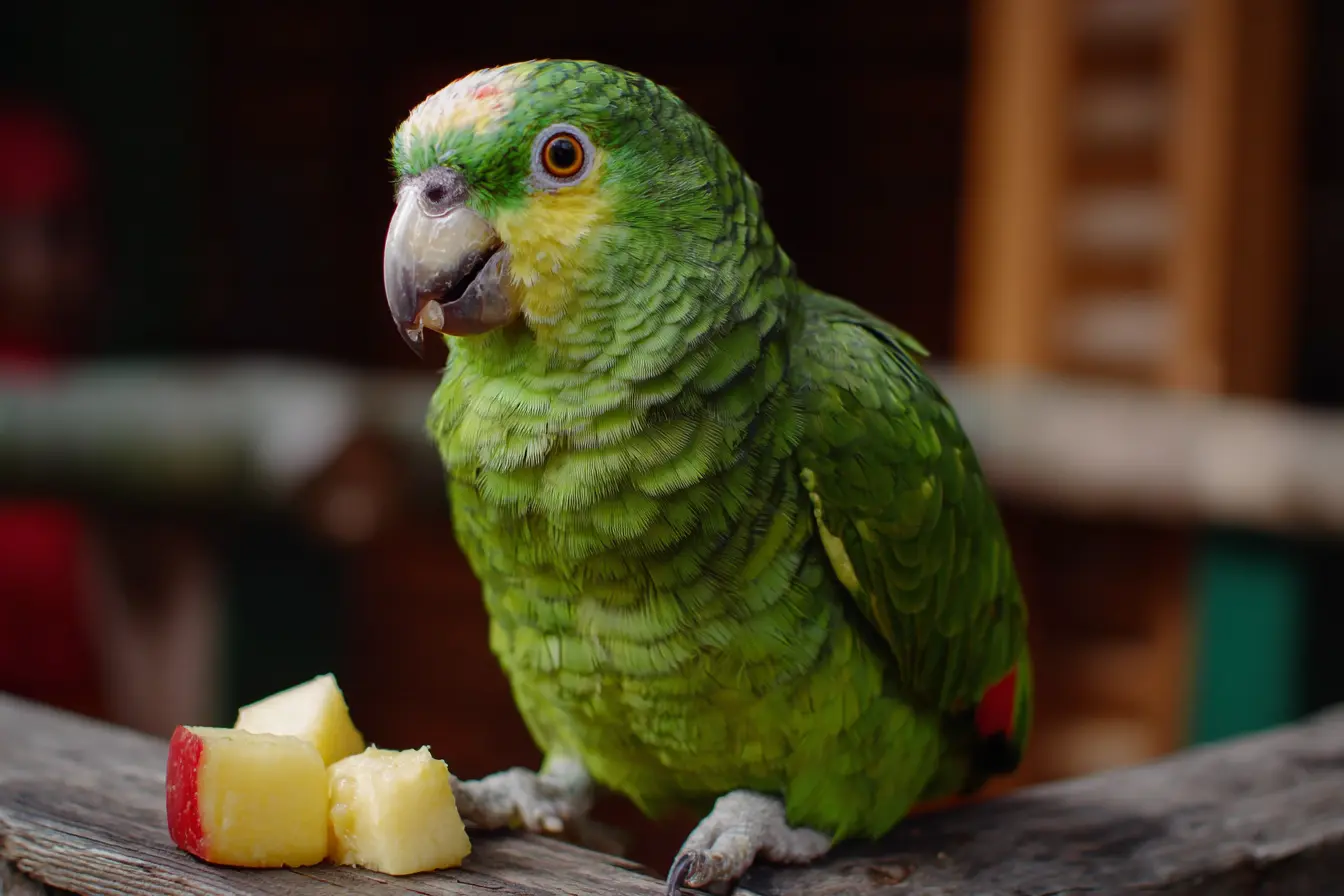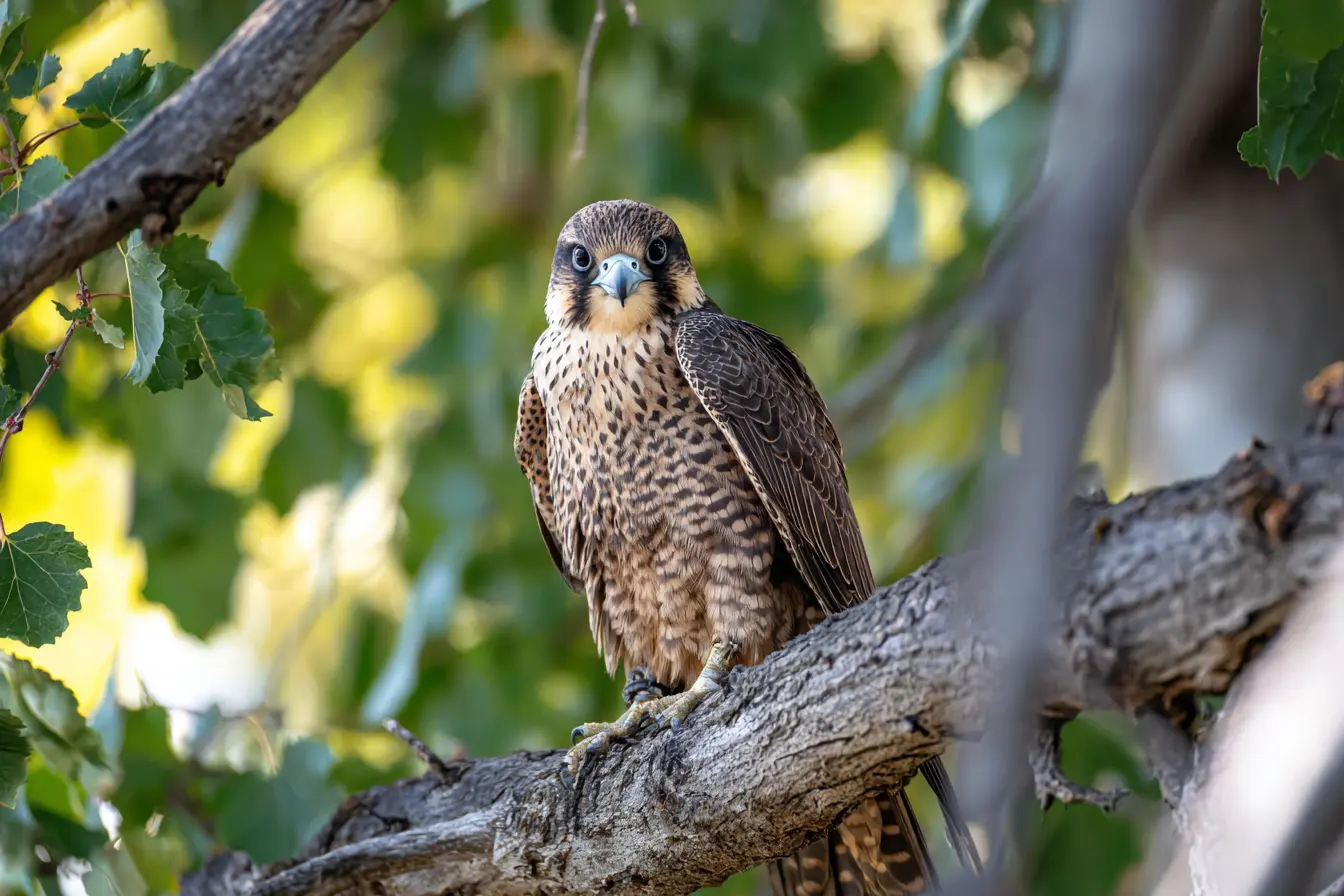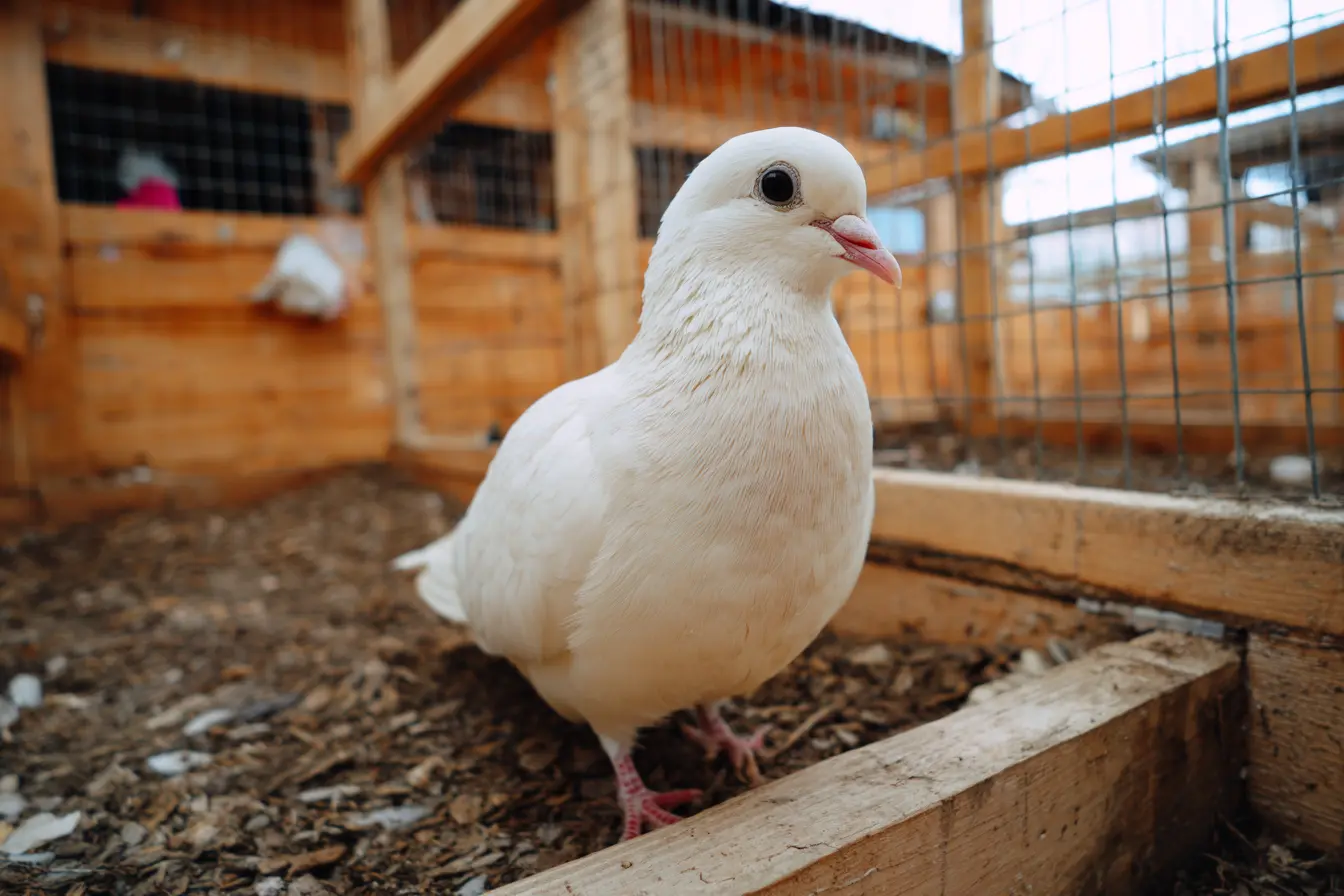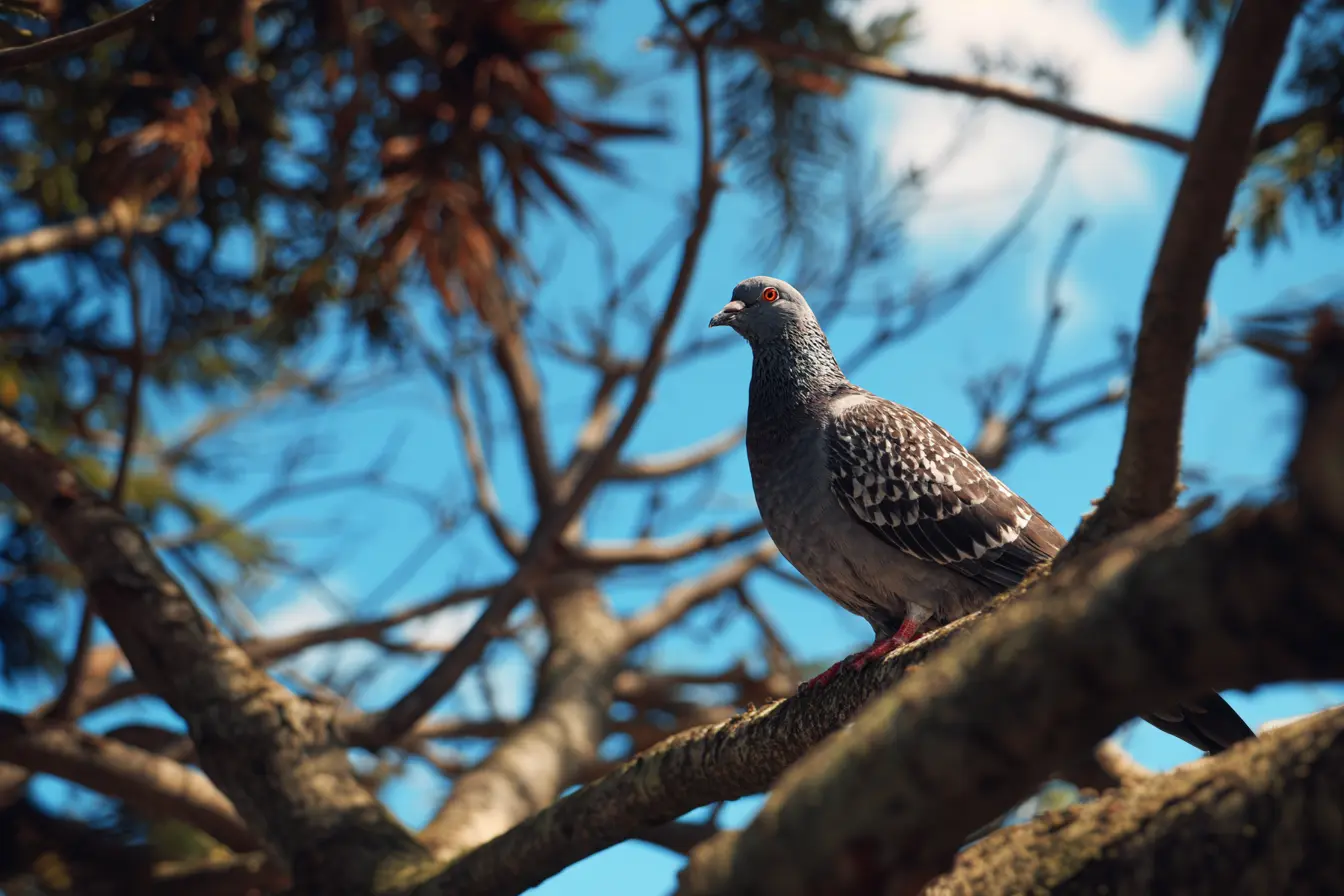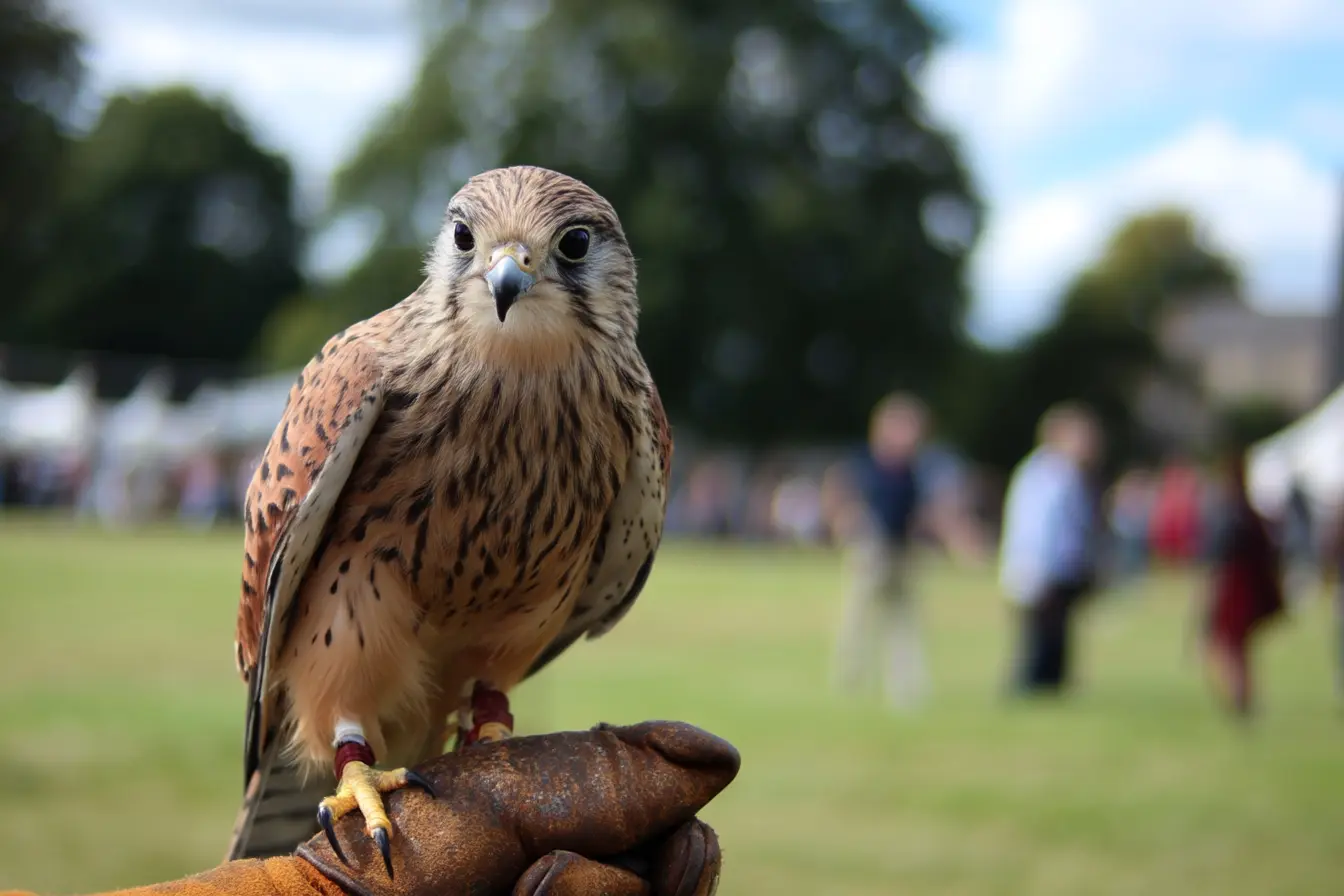
A Beginner’s Guide to Falconry Clubs
Falconry, the ancient art of hunting with trained birds of prey, is best learned under the guidance of experienced practitioners. For newcomers, joining a falconry club is the most effective way to gain practical knowledge, build skills, and connect with the community. Falconry clubs bring together enthusiasts of all levels, from seasoned masters to curious beginners, and offer a wealth of resources to help you start your journey responsibly.
Why Join a Falconry Club?
Expert Guidance
Falconry requires specialised skills and knowledge. Club members often have decades of experience in bird training, husbandry, hunting, and legal compliance, providing invaluable mentorship.
Hands-On Learning
Unlike reading books or watching videos, working alongside experienced falconers lets you practice handling birds under real conditions, with immediate feedback.
Access to Resources
Many clubs provide:
- Introductory courses
- Loan equipment for training sessions
- Access to hunting grounds (with landowner permission)
- Connections to reputable breeders
Community Support
Falconry is a niche hobby. Clubs offer a community of like-minded people who share your passion and can support you through challenges.
Finding a Falconry Club
National and Regional Options
- British Falconers’ Club (BFC): The oldest falconry club in the UK with branches nationwide.
- Scottish Hawking Club: Covers Scotland with events and training days.
- Welsh Hawking Club: For falconers in Wales.
- Independent Local Groups: Many counties have smaller, unaffiliated clubs.
Where to Search
- Online: Use search terms like “falconry club near me” or “UK falconry training”.
- Social Media: Facebook and Instagram groups often list upcoming meets and open days.
- Falconry Centres: Many run their own clubs or have partnerships with local groups.
What to Expect as a New Member
Membership Requirements
Most clubs welcome beginners but may require:
- A basic understanding of falconry ethics and laws.
- Attendance at introductory sessions before handling birds.
- An annual membership fee.
Meetings and Field Meets
- Indoor Meetings: Cover topics such as bird health, training methods, equipment, and legal updates.
- Field Meets: Practical hunting days where members fly their birds on live quarry in a legal, ethical manner.
- Social Events: Fundraisers, talks, and heritage events celebrating falconry’s history.
Learning Through a Club
Training Opportunities
- Shadow experienced falconers during their daily routines.
- Learn equipment use: hoods, jesses, telemetry, perches.
- Practice weighing, feeding, and safe bird handling.
- Observe and participate in creance training (flying on a line) and free flights.
Mentorship
Many clubs operate informal mentoring systems where an experienced member supports a newcomer through their first year.
Costs to Consider
While club fees are generally modest (£20–£50/year for many groups), the sport itself has higher costs:
- Equipment: Gloves, telemetry, scales, hoods.
- Housing: A mews (aviary) and weathering area for your bird.
- Food: Whole prey such as quail, day-old chicks, or rabbit.
- Vet Care: Specialist avian vets can be expensive.
Club Etiquette
- Respect the Birds: Welfare always comes first.
- Follow the Law: Only fly in permitted areas and during legal seasons.
- Ask Before Handling: Never touch another falconer’s bird without permission.
- Be Patient: Falconry takes years to master. Clubs reward dedication and humility.
How to Get Started
- Research Local Clubs: Contact them to find out their joining process.
- Attend an Open Day: Meet members, see the birds, and get a feel for the sport.
- Commit Time: Expect to attend regularly and help at events.
- Learn Before You Own: Most beginners spend at least a year learning before acquiring their first bird.
Conclusion
Joining a falconry club is the first and most important step for anyone serious about learning this ancient and rewarding art. Clubs offer mentorship, hands-on training, and access to a community that shares your passion for birds of prey. With patience, dedication, and the support of experienced members, you’ll gain the skills and knowledge needed to become a responsible falconer and part of a tradition that has thrived in the UK for centuries.
Vets near you
Speciality vets
- Aquatics vet specialists
- Birds vet specialists
- Camelids vet specialists
- Cats vet specialists
- Cattle vet specialists
- Deer vet specialists
- Dogs vet specialists
- Equines vet specialists
- Exotic vet specialists
- Goats vet specialists
- Pigs vet specialists
- Poultry vet specialists
- Sheep vet specialists
- Small Mammals vet specialists
- Wild vet specialists
Vet facilities
- Accessible by public transport
- Blood testing
- Car park nearby
- Client car park
- Dentistry
- Diagnostic imaging
- Disabled public access
- Flea and worm treatments
- Microchipping
- Mobile services
- Neutering
- Open at weekends
- Out-of-hours service
- Referral interests
- Referrals only
- Street parking outside
- Toilets available
- Vaccinations
